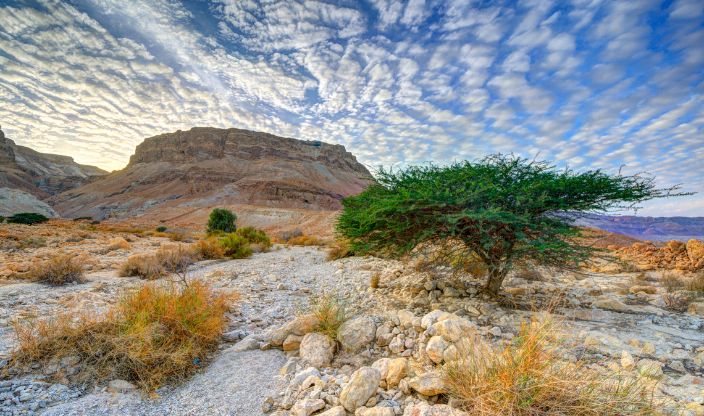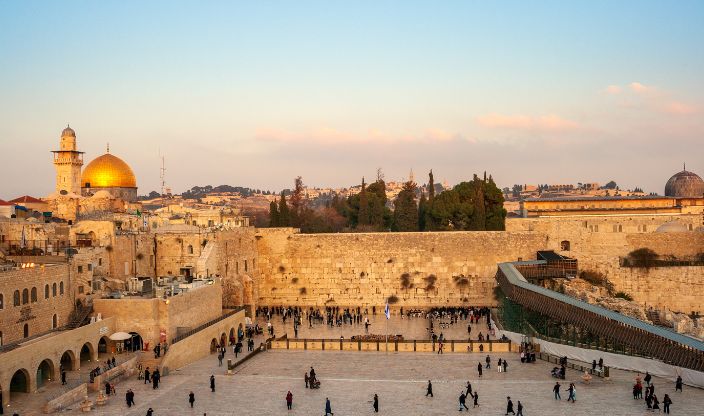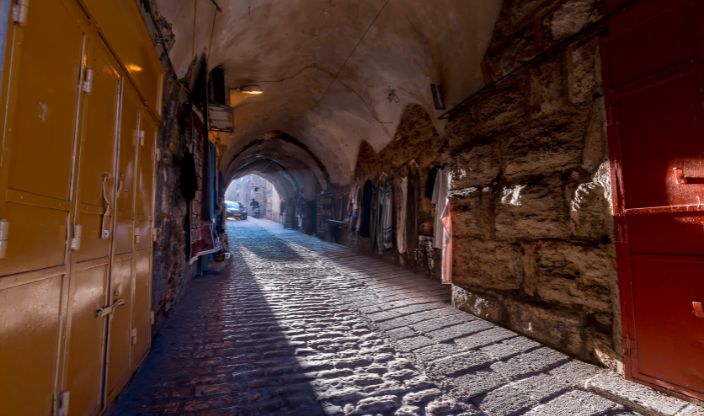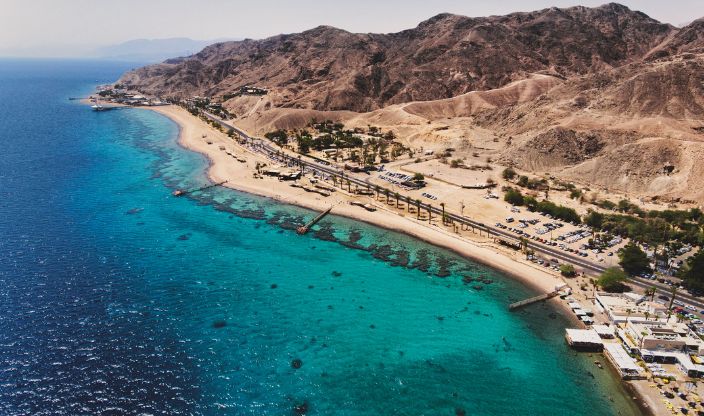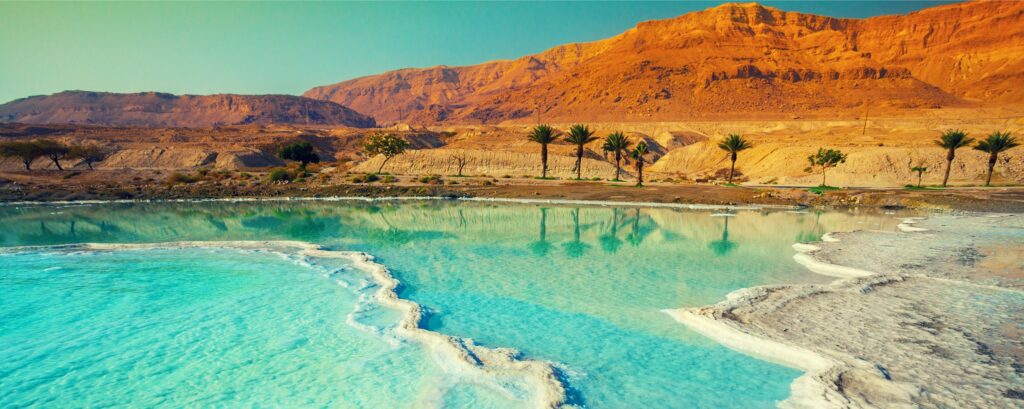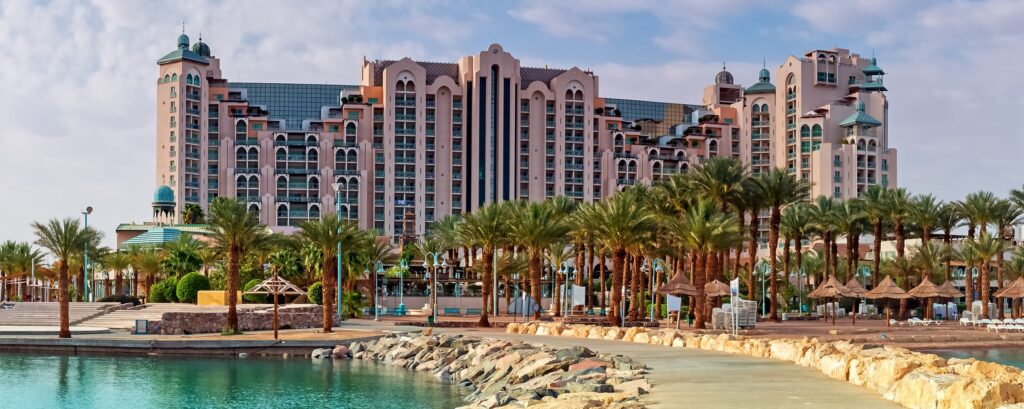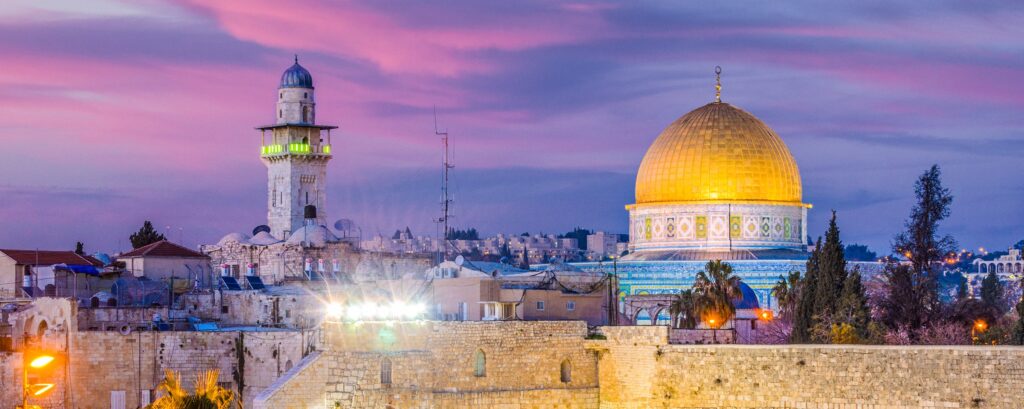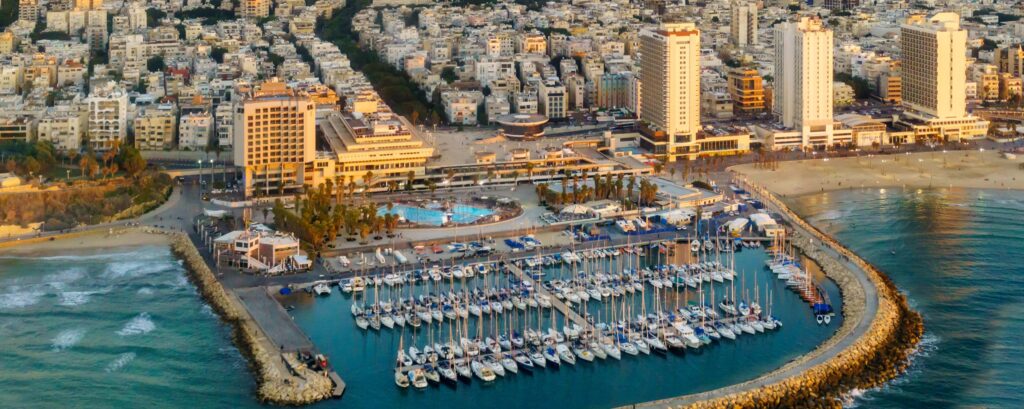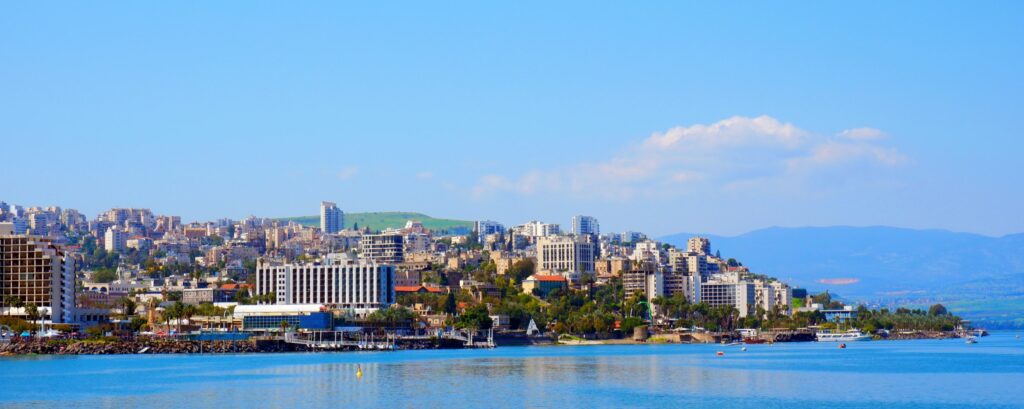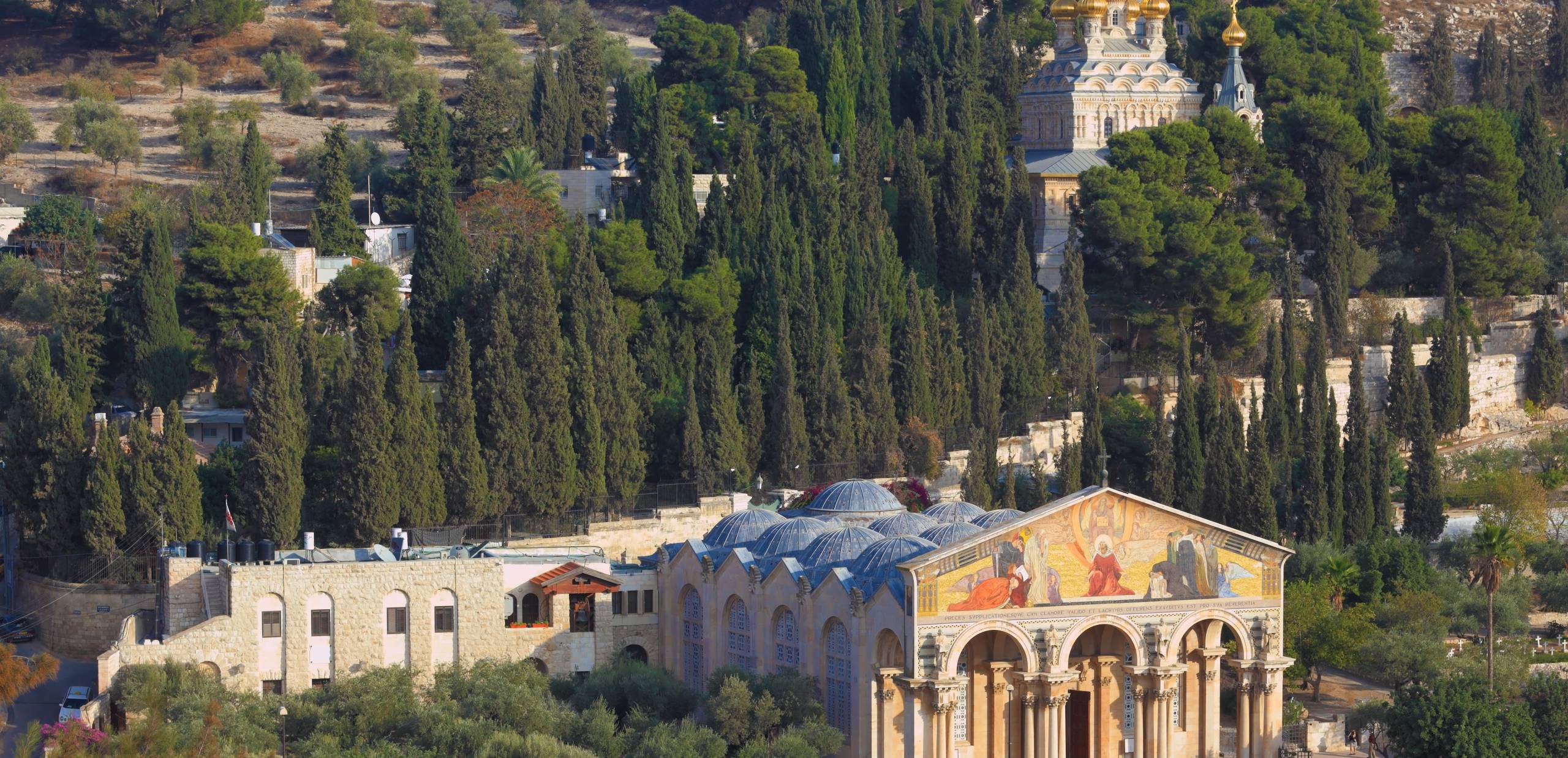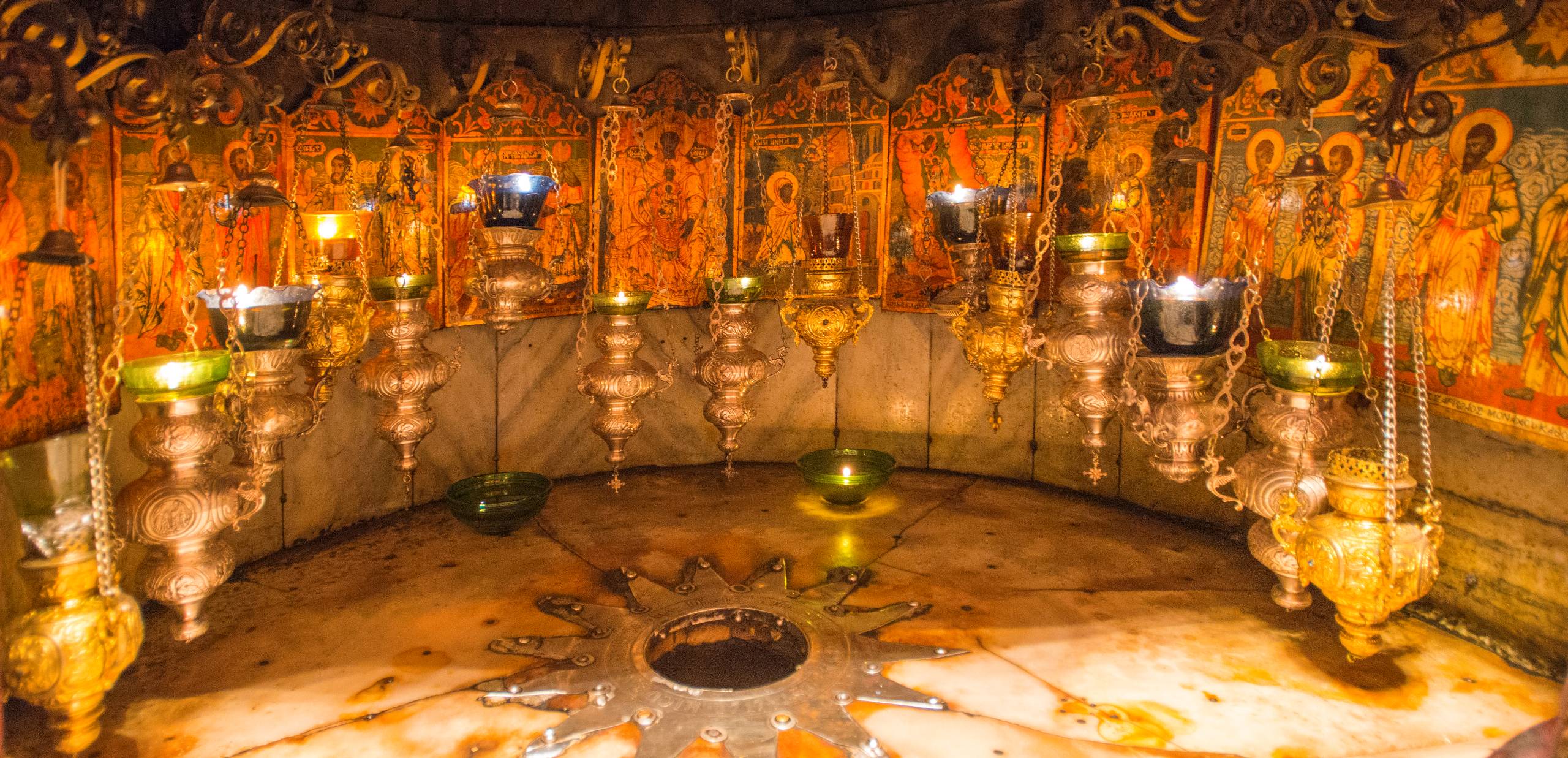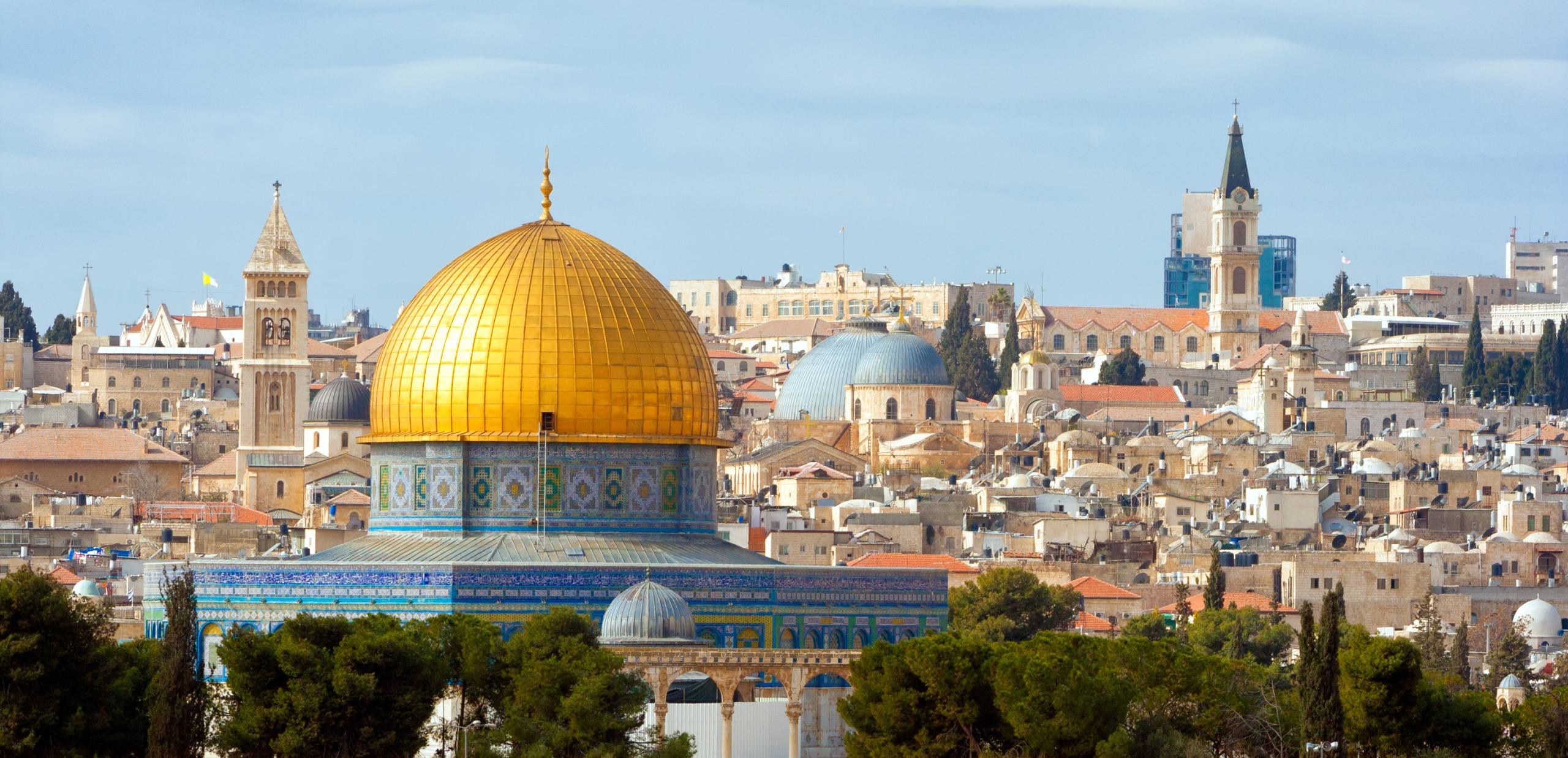Introducing Israel
Experience some of the most important sites for Jews, Muslims, and Christians in Israel and learn about its fascinating religious history.
Israel is renowned for its spiritual significance, its long history, and its panoramic views, which includes cosmopolitan cities, endless sand dunes in the Israeli deserts, and lovely rolling hills and meadows. You could see the biblical cities of Nazareth, Galilee, and Jaffa while travelling, as well as the Negev Desert’s arid wasteland, whilst cities such as Tel Aviv will leave a lasting impression thanks to its spectacular beaches and its cosmopolitan persona.
Israel is a small Middle Eastern nation, around the size of New Jersey in the United States. To Israel’s east are the countries of Jordan, Syria, and the Palestinian Authority. Egypt and Lebanon form the country’s southern and northern borders, respectively.
At 1,365 feet (416 metres) below sea level, the Dead Sea, in the border region of Israel and Jordan, is the lowest point on Earth. Israel benefits from the pristine Mediterranean Sea, with its sandy coastline and stunning crystal-clear waters.
The ideal time to visit Israel is during the spring and autumn season as the days are comfortable, with highs in the mid- to late twenties, and the evenings are pleasant.
From June through August, daytime highs of 32°C are the norm, while evenings are generally colder. This is perfect if you are going on a beach holiday.
Wintertime temperatures in Jerusalem are substantially lower (about 10°C), and there may even be snow during this time.
Israeli cuisine is influenced by Jewish, Mediterranean, and Middle Eastern ingredients. There are ample fish dishes and grilled meats, however Israeli gastronomy is booming with vegan and vegetarian dishes also. Their cuisine is also seasoned beautifully with a variety of spices, herbs, and sauces. Some of their staple foods include:
Hummus: This divine condiment is served hot and topped with paprika, olive oil, and made with whole chickpeas. Eat it as it comes or dip your warm pitta bread in it.
Falafel: Ground chickpeas are used to make falafel, which is then deep-fried into delicious, crispy balls of bliss.
Shawarma: On the shawarma roasting spit, slices of meat or a combination of meats (lamb, turkey, beef, and chicken) are layered and cooked slowly. Servings are cut to size and placed in a pita or laffa upon request (Levantine flatbread).
Shakshuka: Israel’s national breakfast dish is shakshuka. A skillet of scorching hot, delicious tomato, chilli, and garlic sauce is served with the delicious poached eggs.
Knafeh: Middle Eastern sweets like knafeh are prepared with a soft cheese center and a thin pastry topping that resembles noodles that have been soaked in a sweet syrup and rose water.
Bureka: These delectable baked pastries are filled with your preferred filling. One of the most popular fillings is cheese, followed by potatoes and mushrooms. In cafes, delicatessens, and markets all around Israel, burekas are available for a fairly reasonable price.
Israel’s history dates back more than 3,500 years. Jews are believed to be descendants of Abraham from the Bible through his son Isaac. Originally, they belonged to the Israelite tribes. From Mesopotamia, which is now Iraq, Abraham led the Hebrews to the Judean Hills in what was then known as Canaan. Moses eventually led the Israelis back in 1250 B.C., but a subsequent drought drove them to Egypt. For 200 years, the exiled Jews fought for dominance of Canaan. Their major adversaries were the Philistines, a strong tribe that settled along Canaan’s southern shore and came from Crete. The word “philistine” is the source of the contemporary name for the Arabs who currently reside in the area: Palestinian. King Saul brought together the Israelite tribes in 1006 B.C., but the Philistines eventually triumphed. Subsequently, David, Saul’s son-in-law, defeated the Philistines and took control of Jerusalem. Solomon, the son of King David, is credited with erecting Jerusalem’s iconic temple.
Muslims, Jews, and Christians all regard Israel’s capital, Jerusalem, as a holy place. All three of these religions have historically had their centres in this city, and devoted worshippers of each have fought for control of it. Muslims believe Muhammad ascended to heaven from here, Jews think the Messiah will one day emerge here, and Christians think Jesus Christ rose from his death in Jerusalem. The Jews fled to Israel after the Nazi occupation of numerous nations in Europe. After Israel fought six wars with its Arab neighbours and the British departed Palestine in 1948, the State of Israel was established. Following the Six Day War in 1967, Israel seized control of Palestine’s Arab regions, including the West Bank, Gaza Strip, Sinai, and the Golan Heights. The locations were named the Occupied Territories. In order to achieve peace, Israel ended its invasion of the Sinai Peninsula in 1982 and gave the territory back to Egypt. Syria still asserts sovereignty over the Golan Heights, which Israel captured in 1967 and annexed in 1981. An intifada, or Palestinian uprising, that started in 1987 claimed many lives before discussions culminated to a 1993 agreement that gave Palestinians control over the Gaza Strip and the West Bank city of Jericho. By 1997, the Israeli military had vacated every city in the West Bank. In 2000, it also withdrew from southern Lebanon. Another intifada broke out in September 2000 after unsuccessful peace negotiations, and by 2002, most of the West Bank had been recaptured.
There are many exciting things a family can do when they visit Israel. Explore the Negev desert with a 4×4, riding over the vast sand dunes and experiencing the impressive landscape; float in the Dead Sea thanks to its salty and mineral rich waters on the lowest point of Earth; go on an exciting food and market tour across Tel Aviv, visiting the Carmel Market and the spectacular street art; as well as discover the mighty Templar Tunnels and Knights’ Hall in Acre for a thrilling historic adventure.
Recommended Israel Specialists
Top Locations in Israel
